


October marks a significant event for cinephiles across the country — the eagerly awaited Jio MAMI Mumbai Film Festival 2023. After a three-year hiatus due to the pandemic, the festival makes a triumphant return, filling enthusiasts with a sense of exhilaration. Jio MAMI’s announcement of the festival dates, spanning from October 27 to November 5, brought the world of cinema back to life. With over 250 films and only 10 days, we recognize how challenging it can be to select the finest movies for the big screen experience. That’s precisely why this article is here – to streamline the process and narrow your options. The article features movies that have been in the press or in our minds throughout the year and have acquired buzz or critical acclaim or both.
16 october 2023
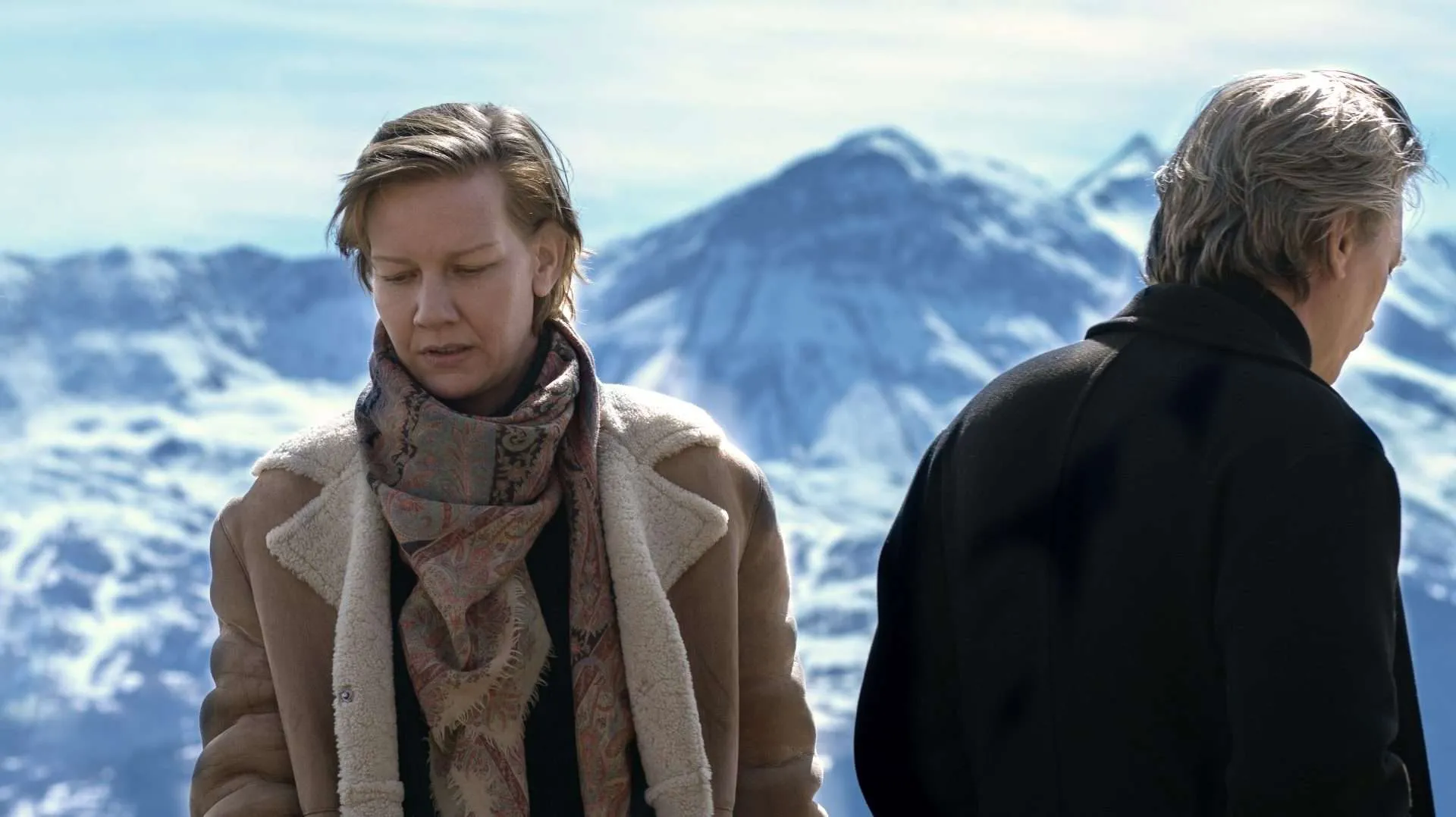
For the past year, Sandra, her husband Samuel, and their eleven-year-old son Daniel have lived a secluded life in a remote town in the French Alps. When Samuel is found dead in the snow below their chalet, the police question whether he was murdered or committed suicide. Samuel’s suspicious death is presumed murder, and Sandra becomes the main suspect. What follows is not just an investigation into the circumstances of Samuel’s death but an unsettling psychological journey into the depths of Sandra and Samuel’s conflicted relationship.
In his review for ABC News, Peter Travers said, “Prepare to be wowed by one of the best movies of the year, starring a sensational Sandra Hüller (heads up, Oscar) in Justine Triet’s forensic anatomy of a marriage told through the compulsively watchable story of a wife on trial for killing her husband.”
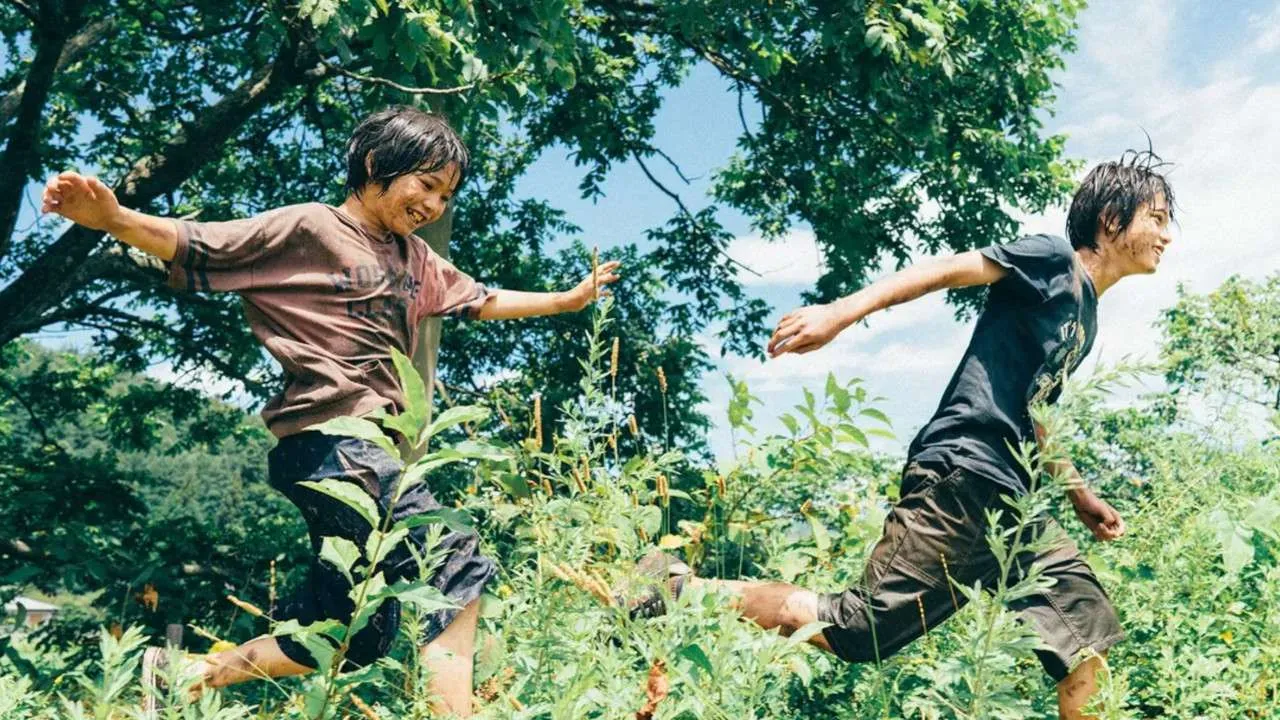
When her young son Minato starts to behave strangely, his mother feels that there is something wrong. Discovering that a teacher is responsible, she storms into the school, demanding to know what’s going on. But as the story unfolds through the eyes of the mother, teacher, and child, the truth gradually emerges.
Brian Tallerico, in his review, described Koreeda’s Monster as “another striking piece of work from a master, a movie that’s so carefully calibrated that you get lost in these characters, forgetting they’re performers and not people caught up in a genuinely traumatic chapter of life.”
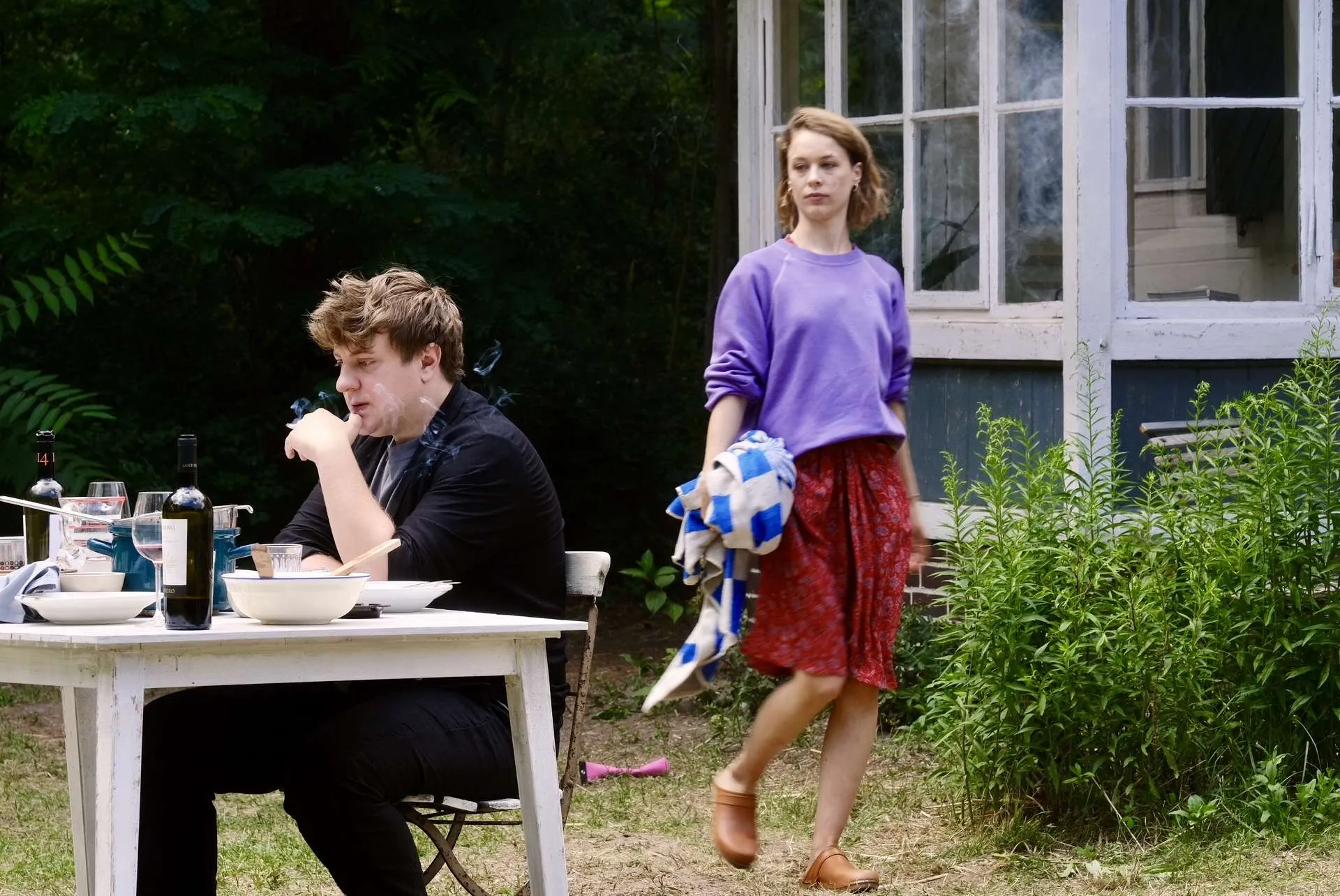
While vacationing by the Baltic Sea, writer Leon (Thomas Schubert) and photographer Felix (Langston Uibel) are surprised by the presence of Nadja (Paula Beer), a mysterious young woman staying as a guest at Felix’s family’s holiday home. Nadja distracts Leon from finishing his latest novel and, with brutal honesty, forces him to confront his caustic temperament and self-absorption. As Nadja and Leon grow closer, an encroaching forest fire threatens the group, and tensions escalate when a handsome lifeguard and Leon’s tight-lipped book editor also arrive. Christian Petzold’s acclaimed latest was the winner of the Silver Bear Grand Jury Prize at this year’s Berlin International Film Festival.
In our review for Afire, we said, “Christian Petzold returns with an Eric Rohmer-esque character study about an entitled jerk.”
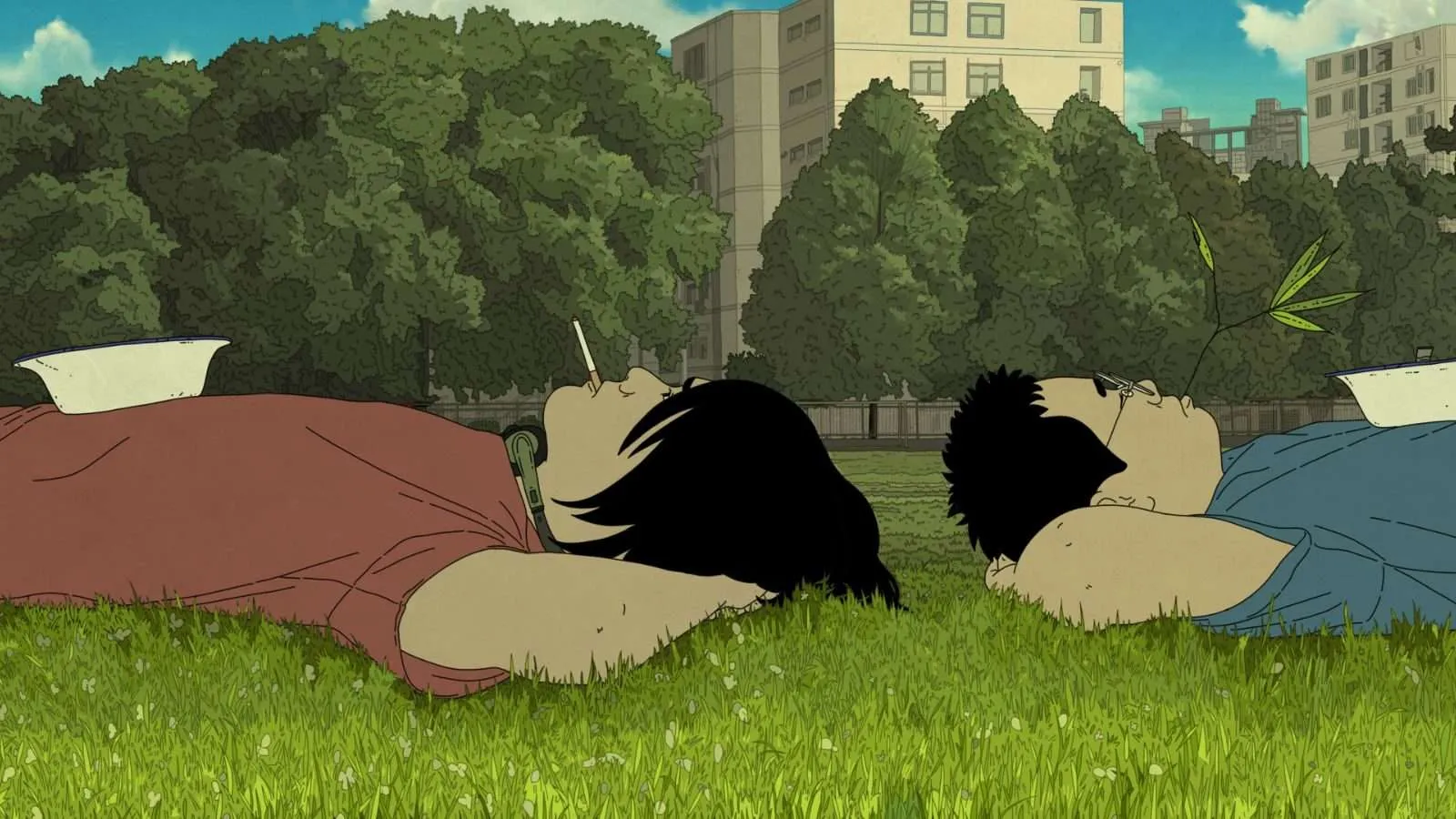
Art College 1994 is a portrait of youth set on the campus of the Chinese Southern Academy of Arts in the early 1990s. Against the backdrop of reforms opening China to the Western world, a group of college students live in full swing as they take their first steps into adulthood, where love and friendships are intertwined with artistic pursuits, ideals, and ambitions. Caught between tradition and modernity, they now have to choose who they want to become.
Wendy Ide writes in the review for Screen International: It evokes a specific time and a place so vividly that you can almost taste the stale cigarette smoke and cheap beer.

A French journalist meets the iconic surrealist artist Salvador Dalí on several occasions for a documentary project that never came to be.
Marta Bałaga mentions in her review for Cineuropa that “Quentin Dupieux’s films should not be reviewed. There is really no point.”
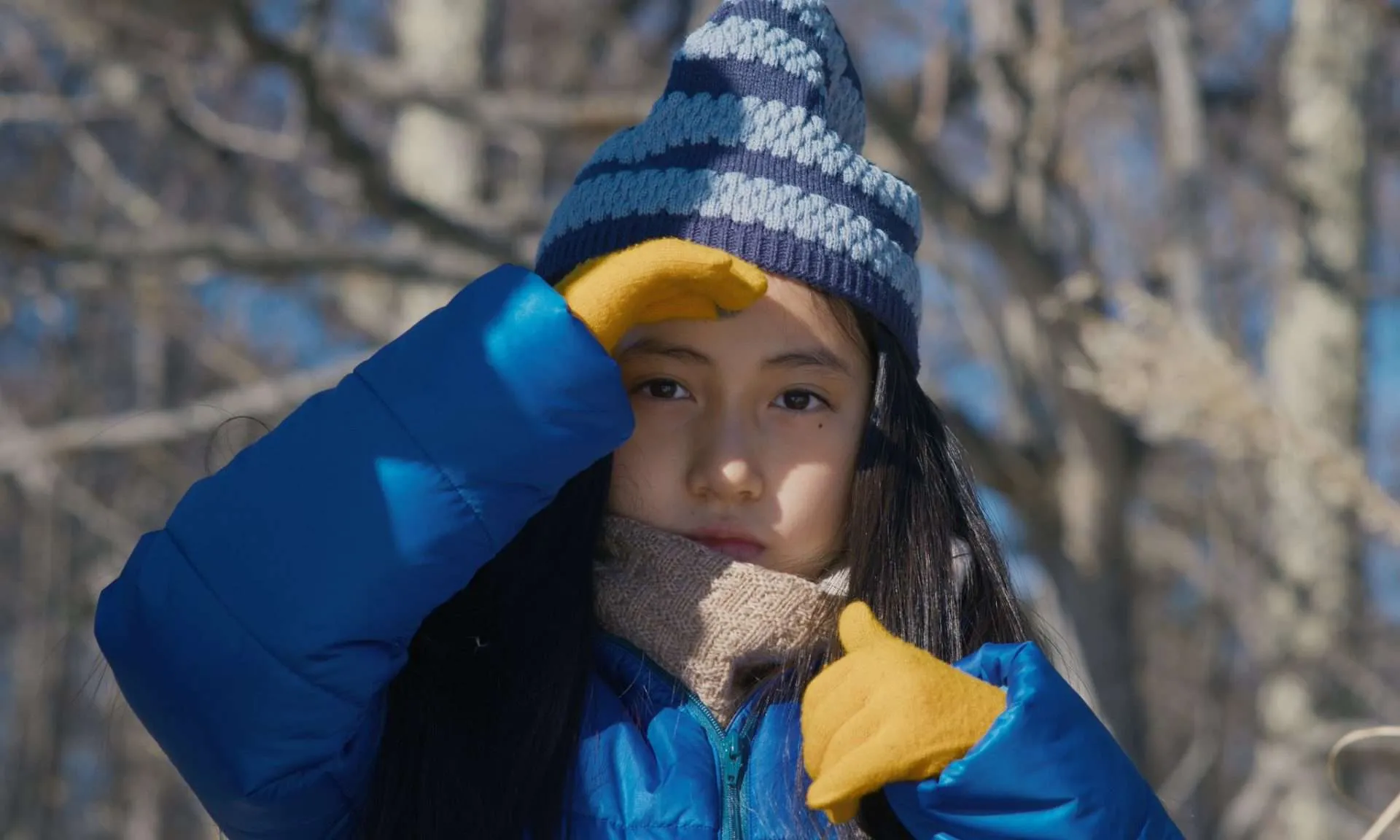
Takumi and his daughter Hana live in Mizubiki Village, close to Tokyo. Like generations before them, they live a modest life according to the cycles and order of nature. One day, the village inhabitants become aware of a plan to build a glamping site near Takumi’s house, offering city residents a comfortable ‘escape’ to nature. When two company representatives from Tokyo arrive in the village to hold a meeting, it becomes clear that the project will have a negative impact on the local water supply, causing unrest. The agency’s mismatched intentions endanger both the ecological balance of the nature plateau and their way of life, with an aftermath that affects Takumi’s life deeply.
Beatrice Gangi writes in our review, “Once again, Ryusuke Hamaguchi is able to stage a work of commendable experimentalism and sophistication, sublimating the splendid musical accompaniment to the utmost.”

Part One: We follow Angela, an overworked production assistant who must drive around the city of Bucharest in order to film the casting for a “safety at work” video commissioned by a multinational company, ostensibly to raise awareness among its own employees on the various dangers that lead to work-related accidents. Soon, she encounters Marian, a half-paralyzed worker, who gets the part. Part Two: When Marian reveals on camera that his work-related accident is due to the company’s negligence, his statement ignites a scandal, which forces him to re-invent his story to suit the company’s narrative.
Debanjan Dhar mentioned in our review that “The scope of his (Radu Jude’s) anger surges out in all routes, crisscrossing the individual and society as they range from questions of categorizing private-public property to larger, brave inquiries into holding a citizenry accountable for the systemic rot, the way in which Jude converges his intellectually bustling telling with technical and stylistic fractures is a thing of marvel.”
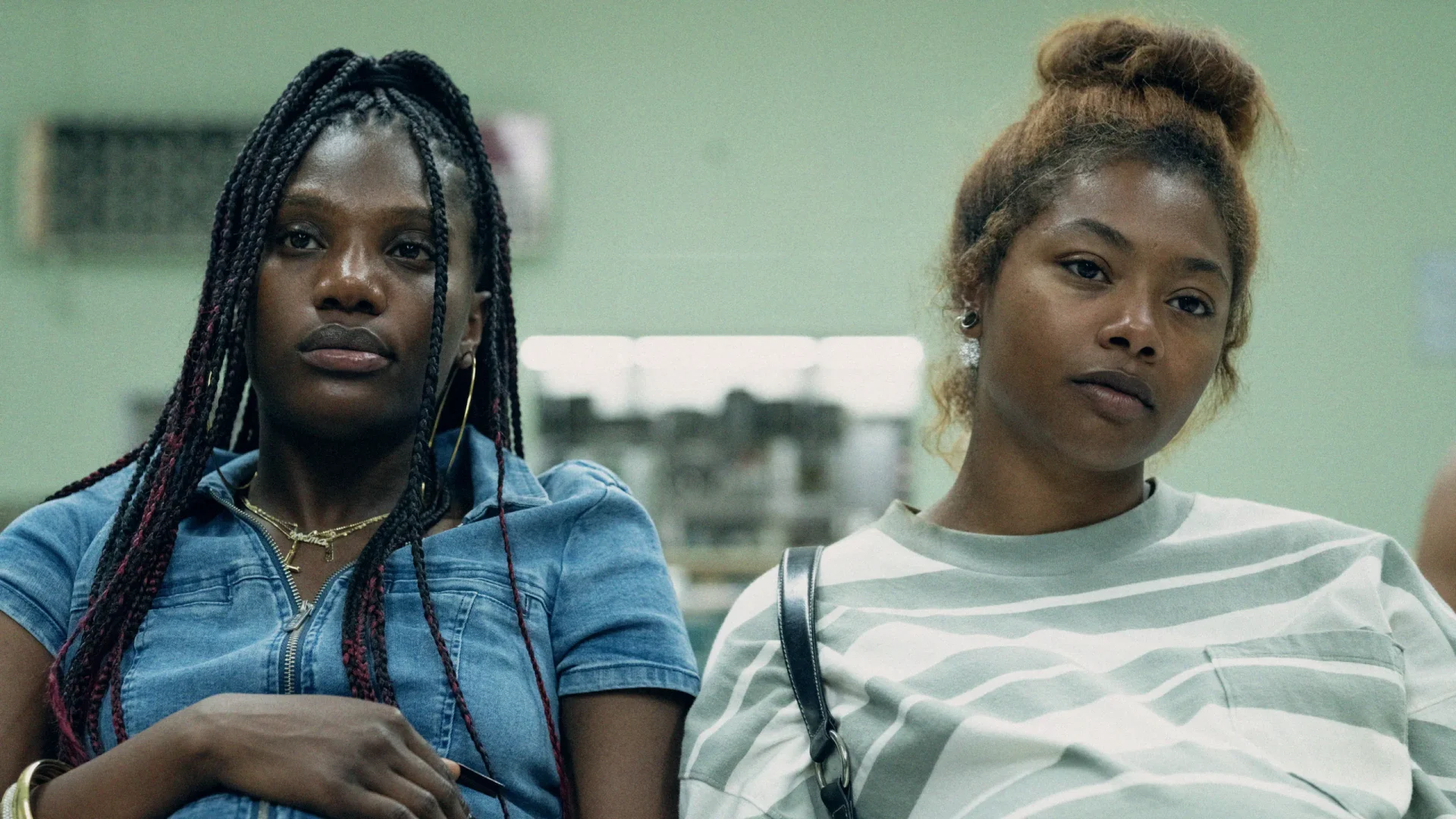
With two children in foster care, Gia, a pregnant single mother pitted against the system, fights to reclaim her family. In her close-knit Bay Area community, she works to make a life for herself and her kids.
Peyton Robinson of RogerEbert.com writes, “Earth Mama” is an unflinching, authentic portrait of when motherhood, sisterhood, and womanhood converge with class and race.”
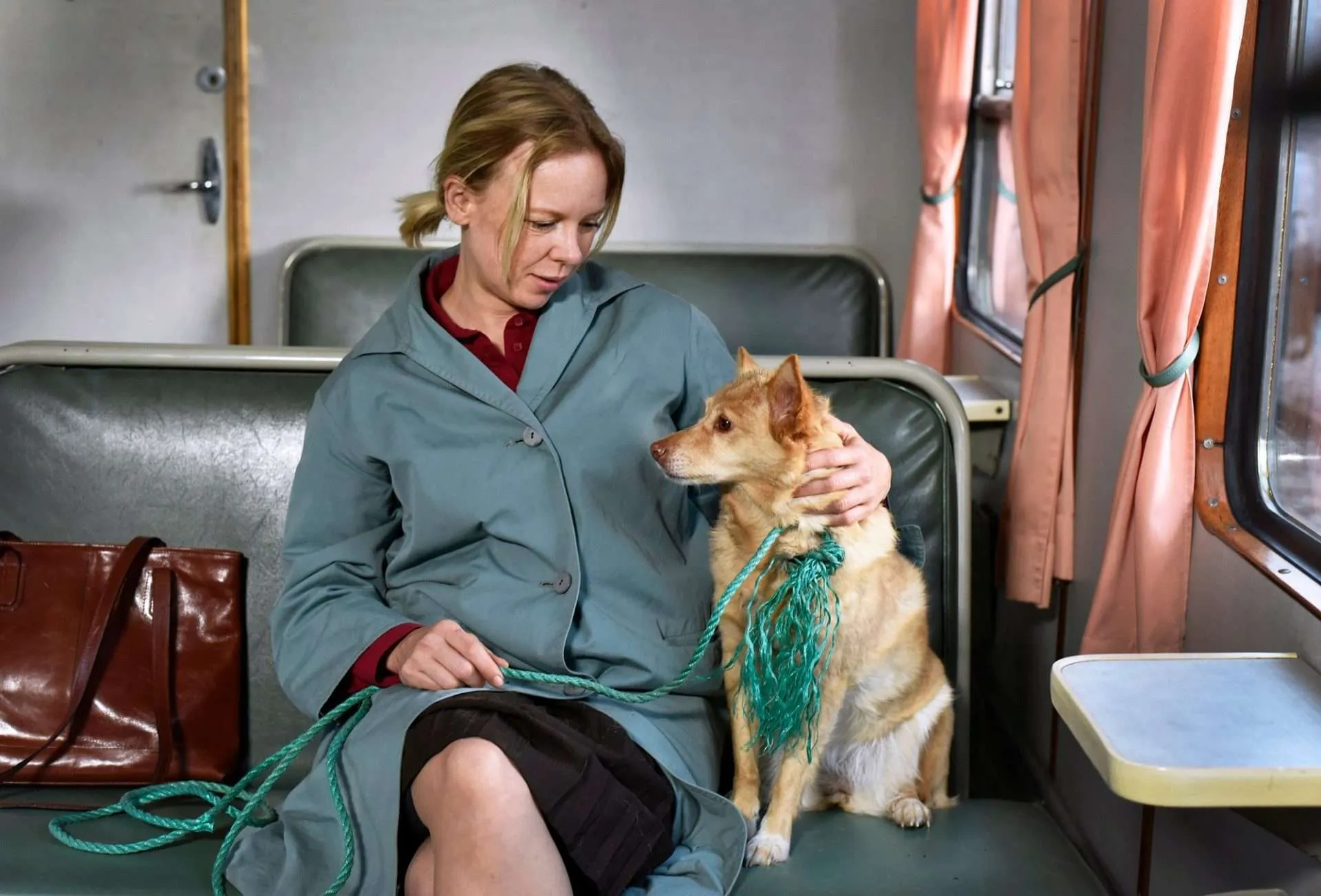
In modern-day Helsinki, two lonely souls in search of love meet by chance in a local karaoke bar. However, the pair’s path to happiness is beset by numerous obstacles — from lost numbers to mistaken addresses, alcoholism, and a charming stray dog.
Namrata Joshi of The New Indian Express said in her review that “Kaurismaki fashions a gentle, profound, hopeful cinematic gem about the human condition in Fallen Leaves that is of the times yet timeless.”
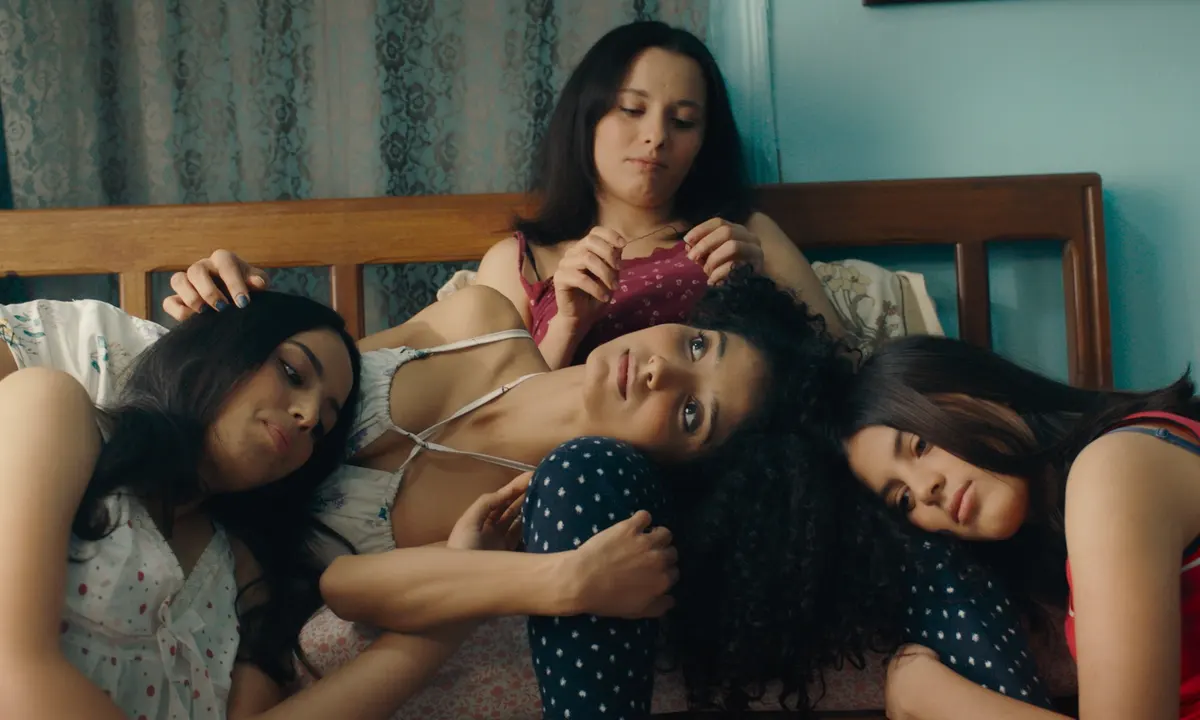
Between light and darkness stands Olfa, a Tunisian woman and the mother of four daughters. One day, her two older daughters disappear. To fill in their absence, the filmmaker Kaouther Ben Hania invites professional actresses and invents a unique cinema experience that will lift the veil on Olfa and her daughters’ life stories. An intimate journey of hope, rebellion, violence, transmission, and sisterhood that will question the very foundations of our societies.
Jessica Kiang of Variety mentioned in her review that “Four Daughters is also a therapeutic exercise and a commentary on the filmmaking process itself.”
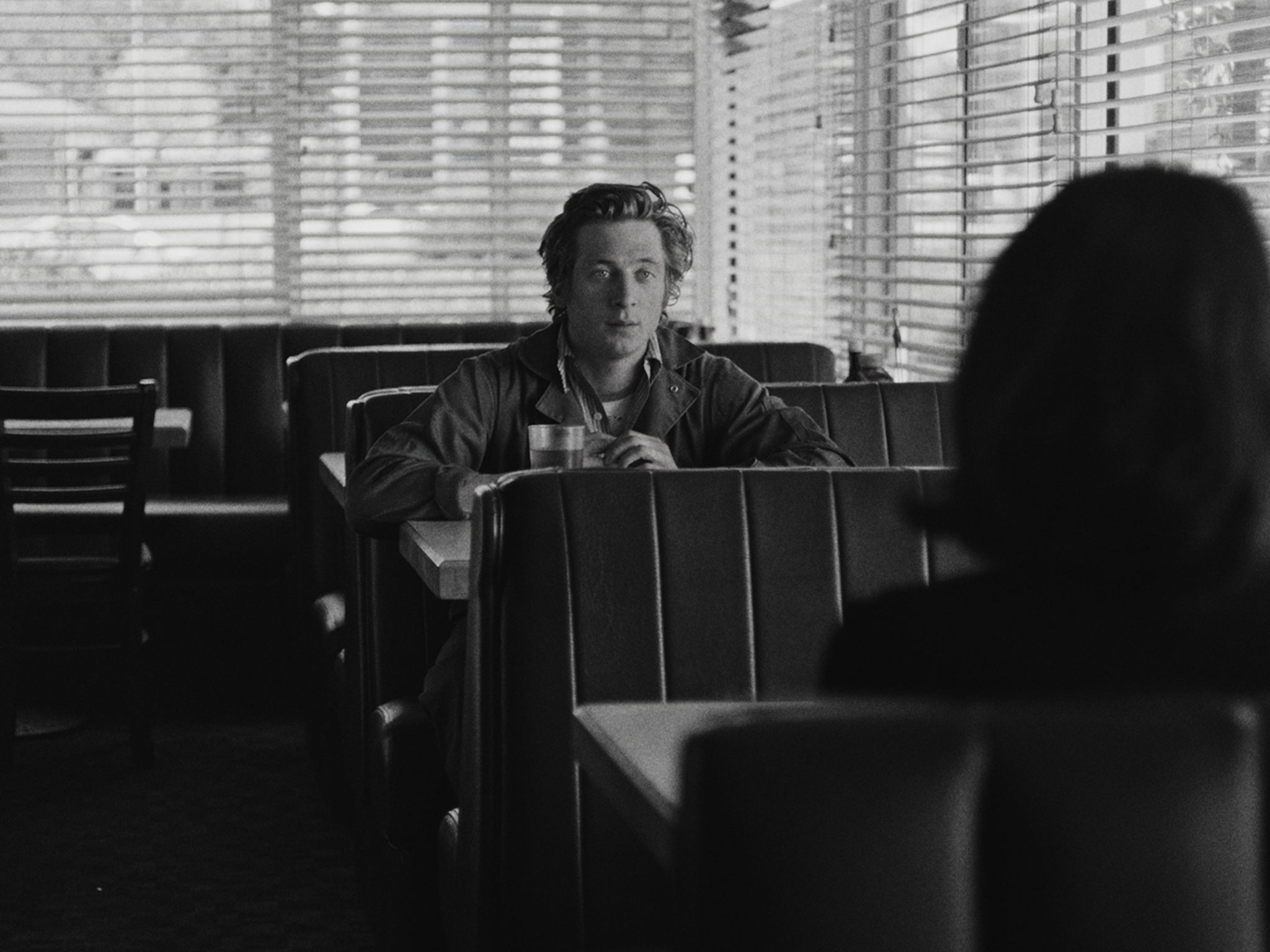
Donya works for a Chinese fortune cookie factory in San Francisco. Formerly a translator for the U.S. military in Afghanistan, she struggles to put her life back in order. In a moment of sudden revelation, she decides to send out a special message in a cookie.
Tim Cogshell of FilmWeek (KPCC – NPR Los Angeles) said in his review: This is an excellent little film… [Fremont] speaks to shades of old Jim Jarmusch.
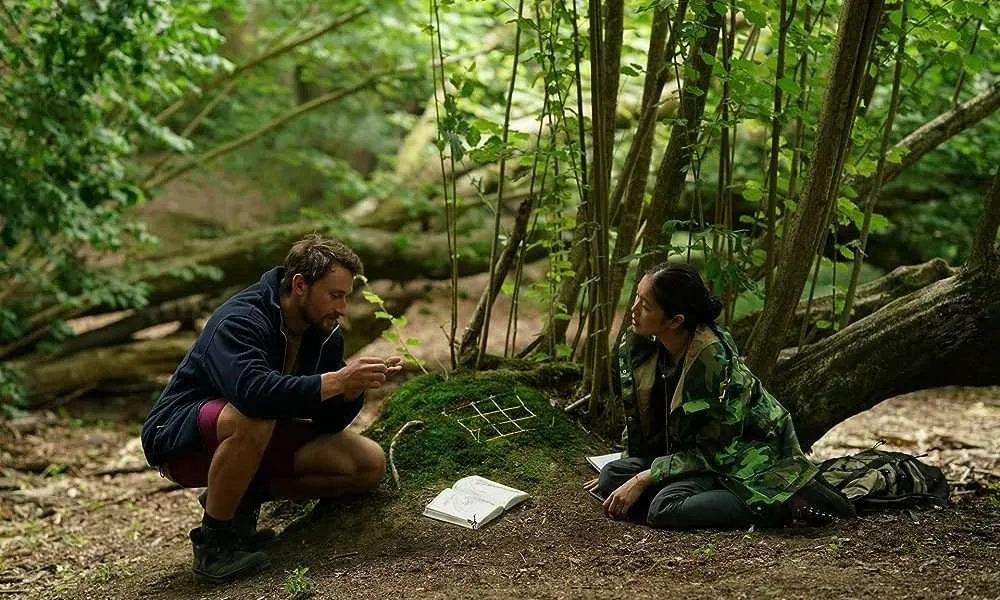
Two people then, with their feet firmly rooted in Mother Nature’s soft carpeting? It is more fragile than cement, but it is our true terrain.
Sheri Linden of Hollywood Reporter writes in her review: It’s a modestly proportioned movie of quiet magnificence, one that feels spun of gossamer summer light and rooted in unshakeable depths.
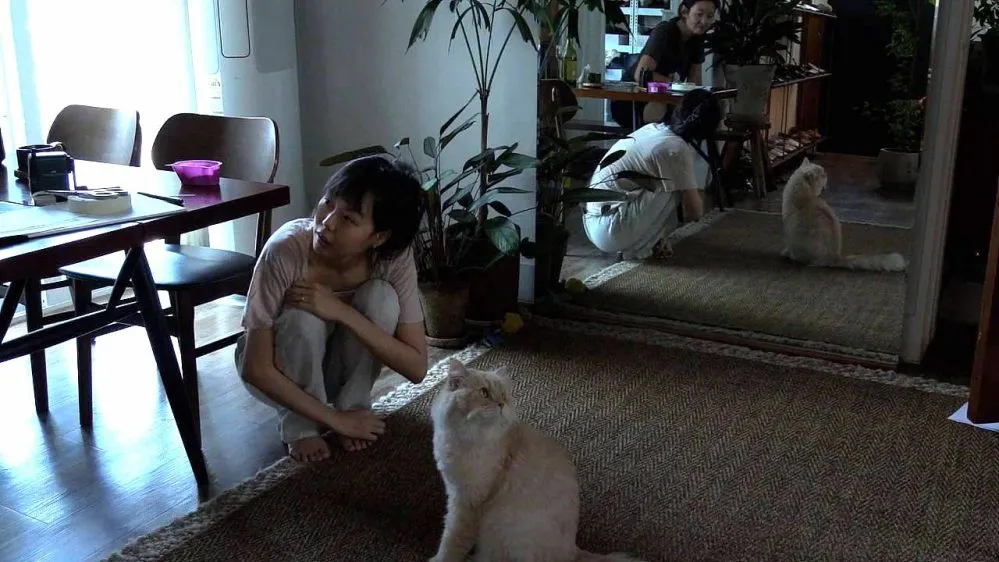
A woman in her early 40s is temporarily living at the home of a friend who is raising a cat. Another person, a man in his 70s living alone, had his cat die of old age. Today, each of them had a visitor: a woman in her 20s for the woman and a man in his 30s for the old man. Both visitors came with serious questions to ask. The woman answered them rather briefly while standing up, while the old man ended up giving longer answers in an extended conversation. Both of them had ramyun for lunch in front of their guests, and coincidentally enough, they both added hot pepper paste to their ramyun. It’s not a very common thing to add hot pepper paste to ramyun.
Chuck Bowen writes in his review for Slant Magazine: For Hong Sang-oo, In Our Day is a gesture toward recognizing the beautiful, awful, and uncanny.
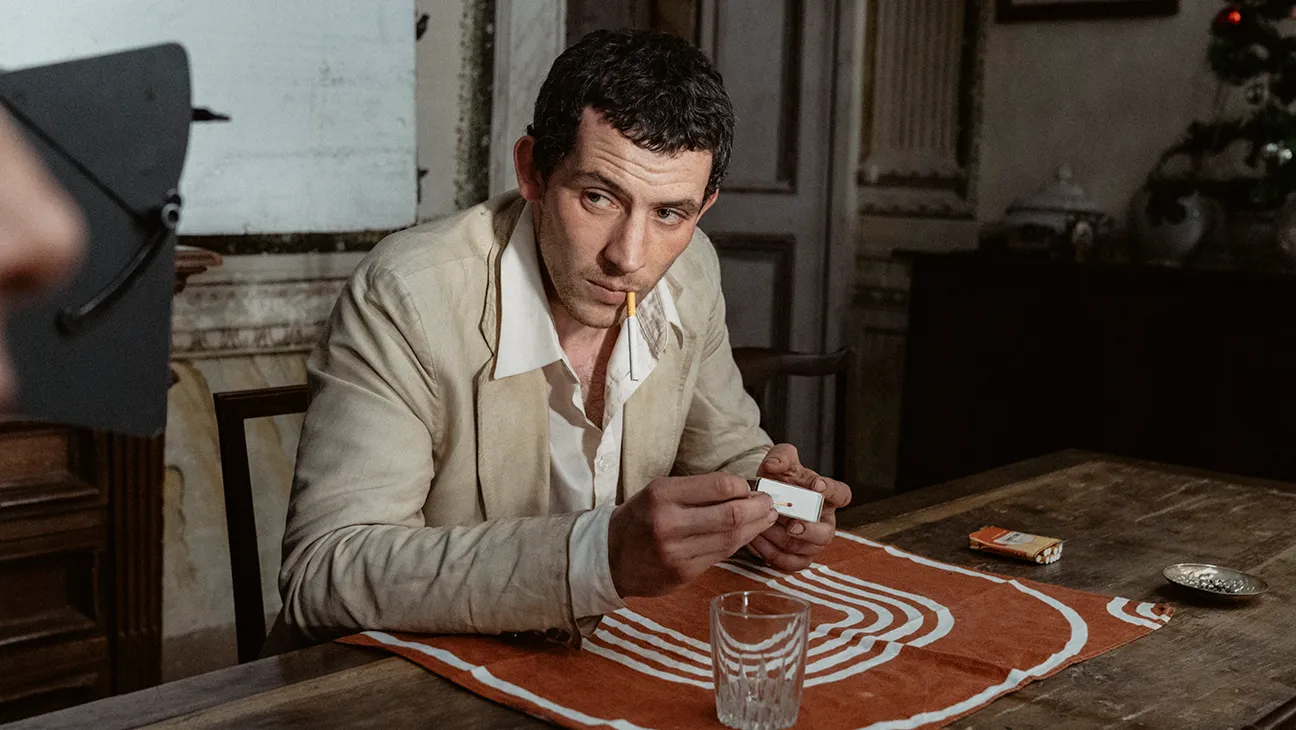
The film is set in the 1980s in the clandestine world of the tombaroli, or tomb robbers, and tells the story of a young English archaeologist caught up in the illegal trafficking of ancient finds.
David Sims of The Atlantic said, “There’s nothing quite like La Chimera — which is typical of the Italian filmmaker Alice Rohrwacher, who is fond of adding dashes of magic to tales that explore her country’s past.”
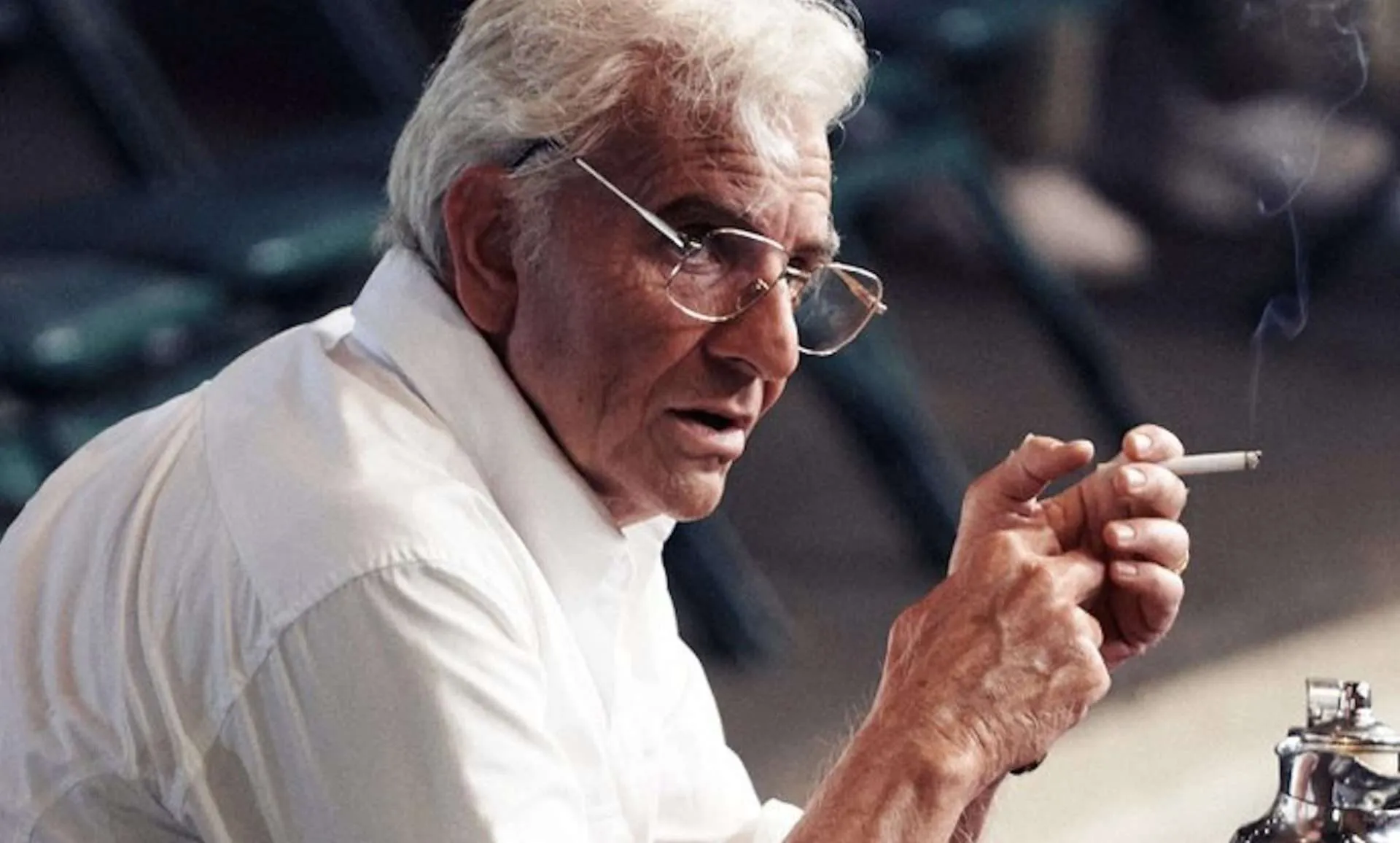
Maestro is a towering and fearless love story chronicling the lifelong relationship between Leonard Bernstein and Felicia Montealegre Cohn Bernstein. A love letter to life and art, Maestro, at its core, is an emotionally epic portrayal of family and love.
Nicholas Barber of BBC.com writes, “A fond character study that luxuriates in its subject’s livewire personality while acknowledging how exasperating and exhausting he could be.”
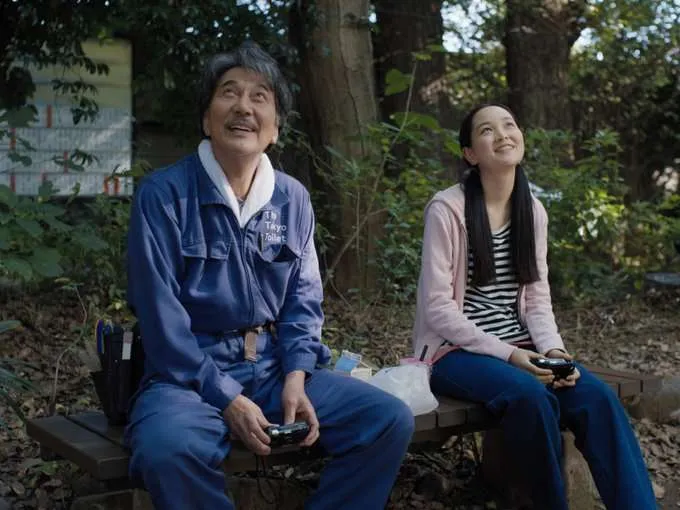
Hirayama seems utterly content with his simple life as a cleaner of toilets in Tokyo. Outside of his very structured everyday routine, he enjoys his passion for music and books. And he loves trees and takes photos of them. A series of unexpected encounters gradually reveal more of his past. A deeply moving and poetic reflection on finding beauty in the everyday world around us.
Alissa Wilkinson of Vox described the film as “a poem of extraordinary subtlety and beauty.”
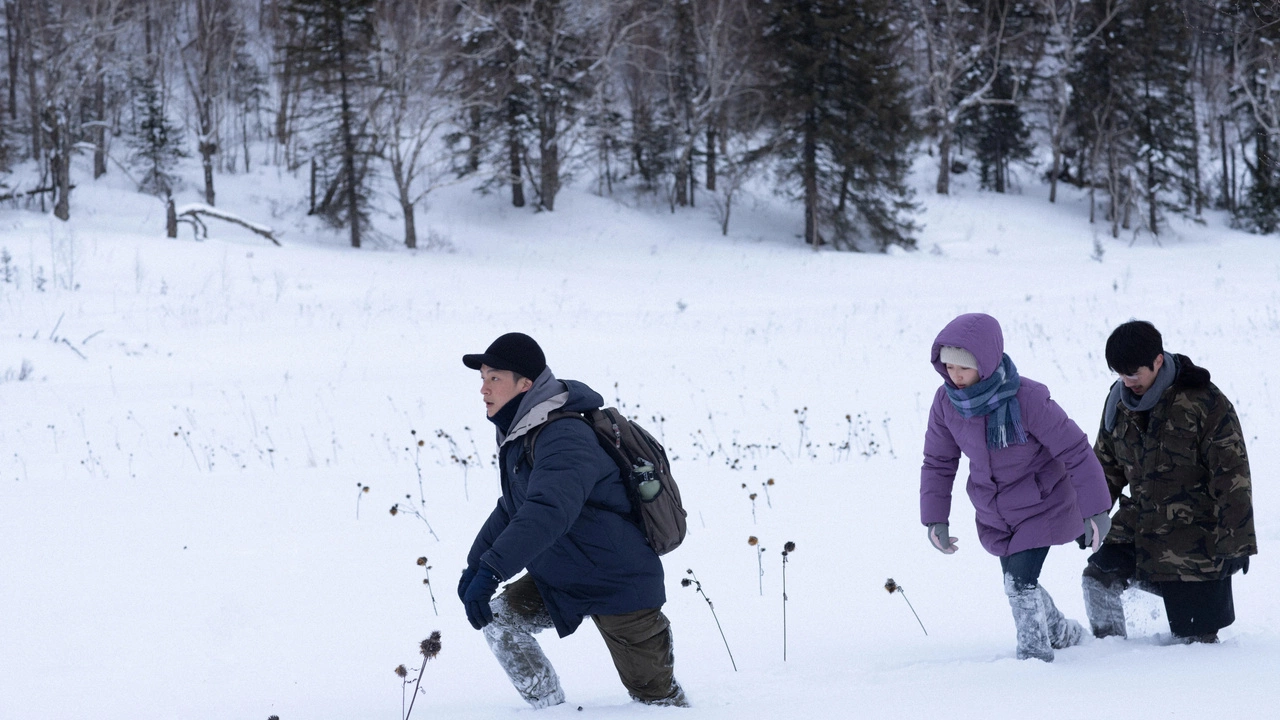
In cold wintry Yanji, a city on China’s northern border, young urbanite Haofeng, visiting from Shanghai, feels lost and adrift. By chance, he goes on a tour led by Nana, a charming tour guide who instantly fascinates him. She introduces him to Xiao, a personable but frustrated restaurant worker. The three bond quickly over a drunken weekend. Confronting their individual traumas, their frozen desires slowly thaw as they seek to liberate themselves from an icy world.
Niikhiil Akhiil said in our review that “Anthony Chen’s latest film, The Breaking Ice, has a distinctive way of using ice as a metaphor to express diverse thoughts and endurance.”
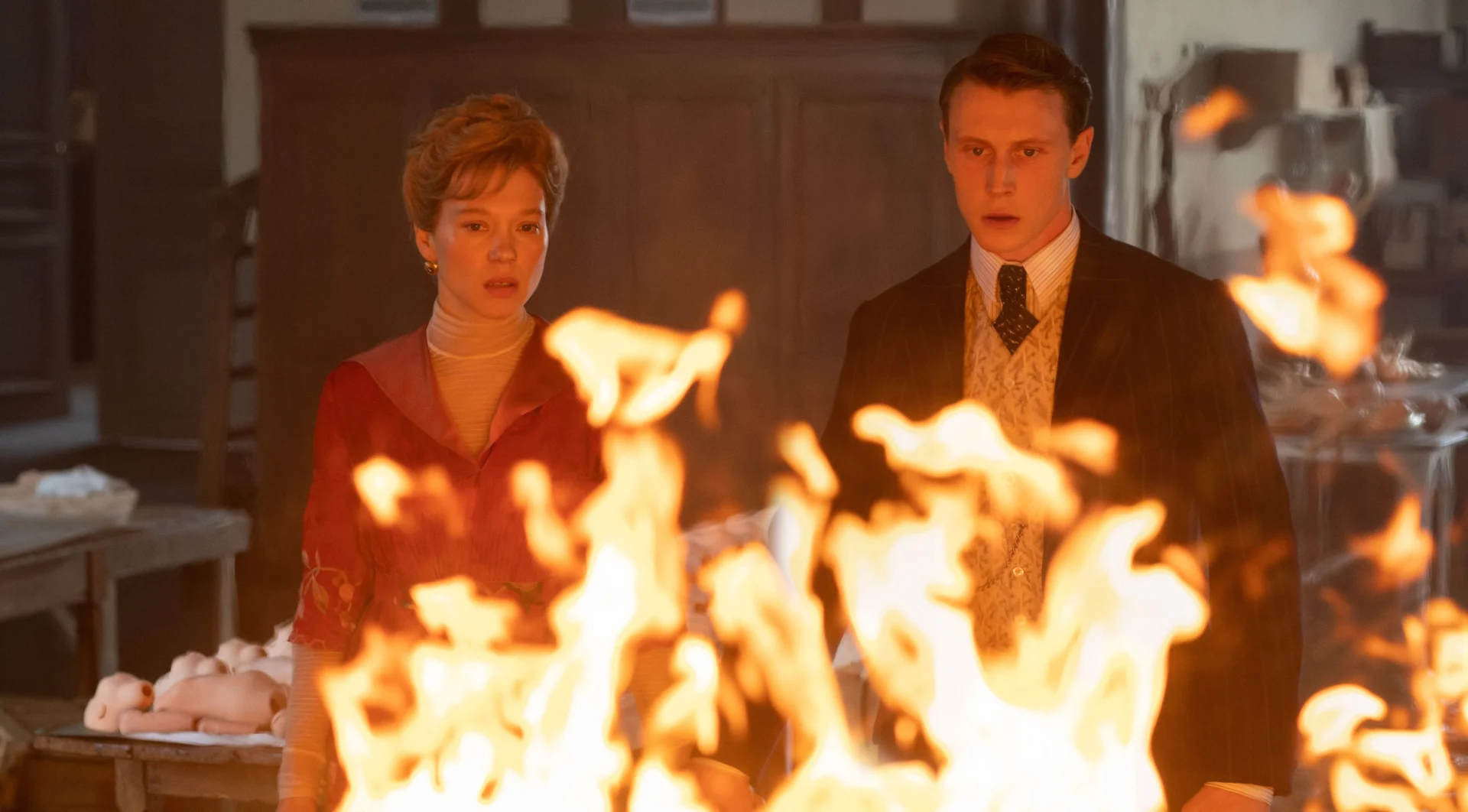
The plot is set partly in a near future in which artificial intelligence is in control of everyone’s lives, and human emotions are perceived as a threat.
In our review, Beatrice Gangi writes that “Bonello’s direction cleverly captures the topos of the various registers (melodrama, thriller, dystopian futurism) while perfectly mastering the stylistic devices of genre cinema.”
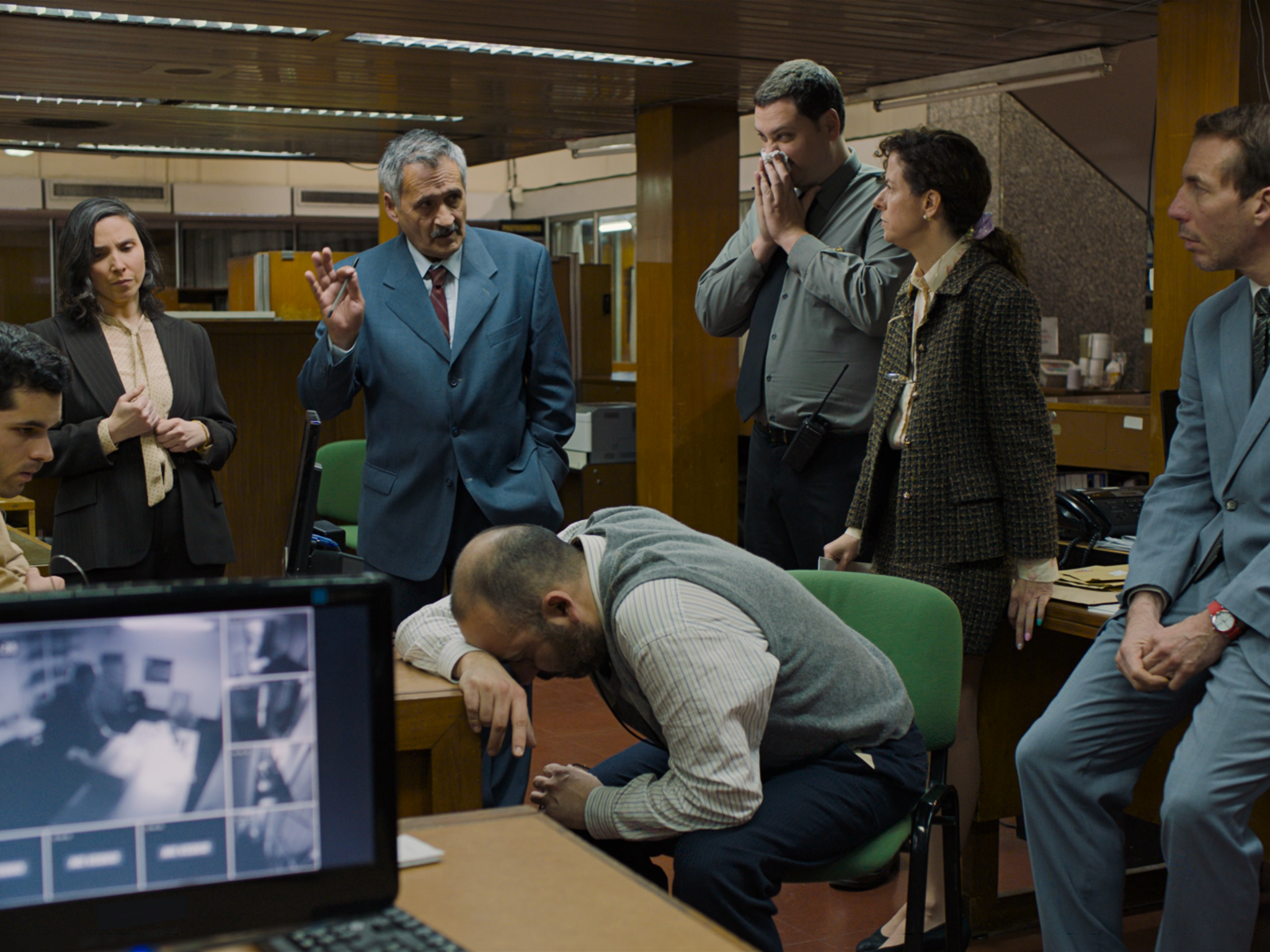
Buenos Aires bank employee Morán dreams up a scheme to liberate himself from corporate monotony: he’ll steal enough money to support a modest retirement, then confess and serve prison time while his co-worker holds on to the cash. Soon under pressure by a company investigator, accomplice Román heads to a remote rural idyll to hide the funds. There, he encounters a mysterious woman who will transform his life forever.
In our review, we said, “In this new film, you can almost sense him willing to take challenging jabs at the viewer if you attempt to fold the tale he presents, both luxuriously and frustratingly over three hours, into expected twists and turns.”

THE OLD OAK is the story of a village in the Northeast of England, where the mine closed, and people feel deserted by the system. Many young ones have left, and what was once a thriving, proud community struggles to keep old values alive. But there is growing anger, resentment, and a lack of hope. Houses are cheap and available. This makes it an ideal location for the Syrian refugees that have been accepted by Britain in recent years. How will the Syrians be received? And what will be the future of the last remaining pub in the village, The Old Oak?
Tara Brady of the Irish Times writes that “The film is … astute in its depiction of a disenfranchised community, ravaged by vulture property speculators and post-industrialisation.”
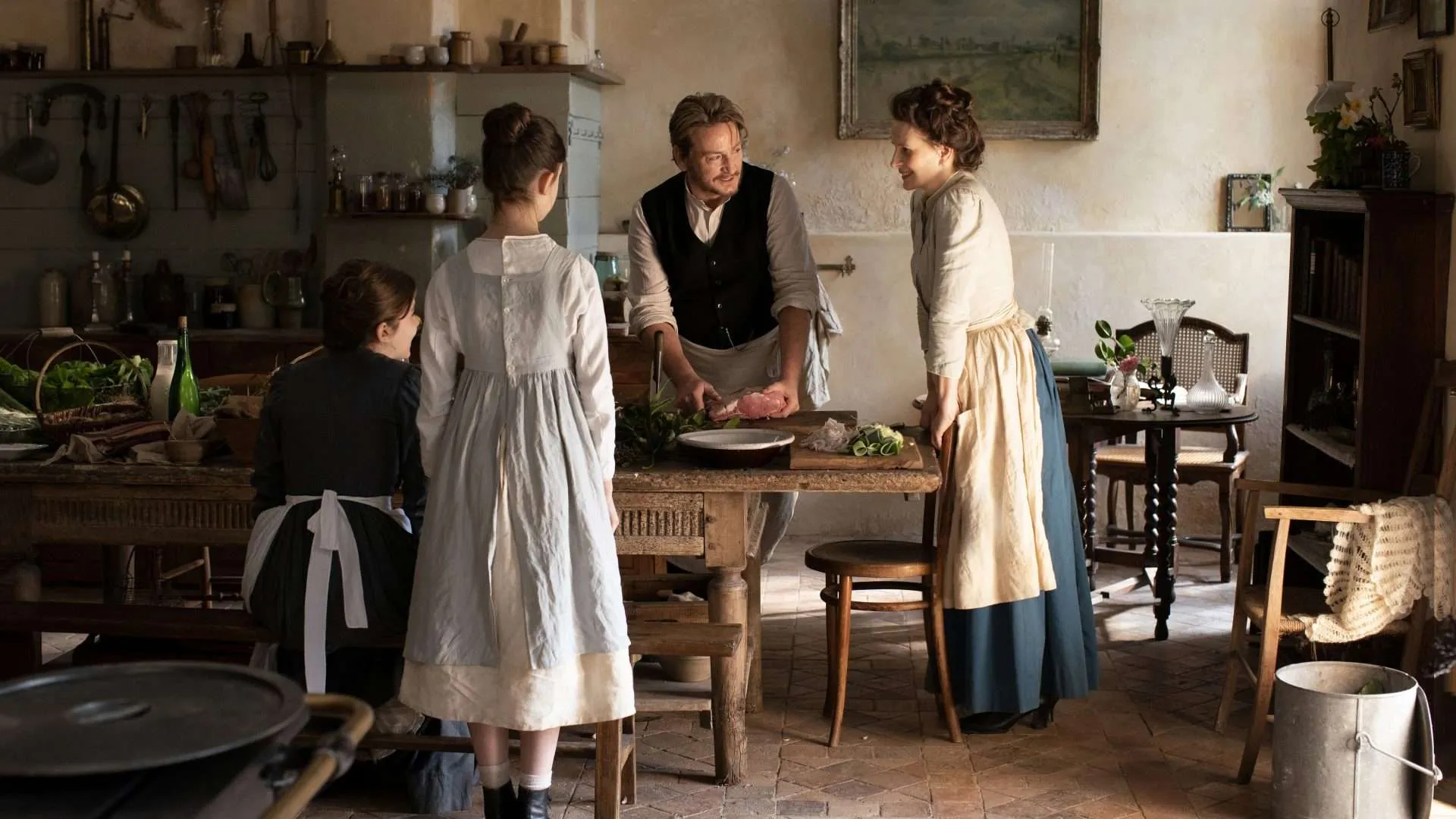
Cook Eugenie and her boss Dodin have grown fond of one another over 20 years, and their romance gives rise to dishes that impress even the world’s most illustrious chefs. When Dodin is faced with Eugenie’s reluctance to commit, he begins to cook for her.
Sophie Monks Kaufman of IndieWire mentioned: [It] pushes the notion of bonding through vittles a step further. Certain dishes are so inscribed by their creators that they act as memory itself, says the film, a sentiment that leaves a beautiful after-taste.
Share Article: